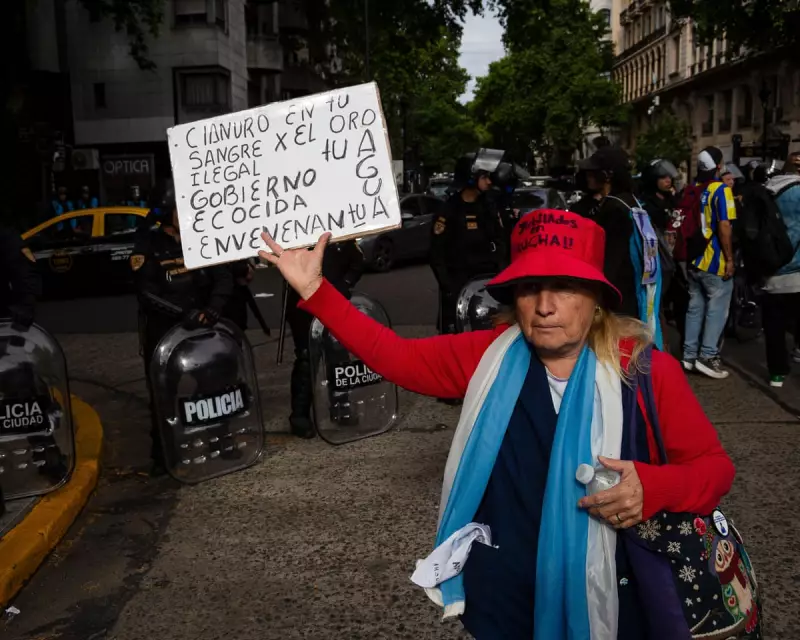
In what critics are calling the most surprising outcome of his radical presidency, Javier Milei's aggressive economic reforms have triggered a dramatic fall in homelessness across Argentina. The self-proclaimed 'anarcho-capitalist' leader, famous for brandishing a chainsaw during his campaign to symbolise cutting state spending, appears to have achieved what many considered impossible.
The Numbers Speak Volumes
Official figures reveal staggering decreases in street homelessness in major urban centres. The capital Buenos Aires has witnessed a 75% reduction, while similar dramatic drops have been recorded in Córdoba (78%) and Rosario (71%). These statistics challenge conventional wisdom about addressing housing crises through traditional welfare approaches.
Economic Shock Therapy Yields Unexpected Results
Milei's controversial package of spending cuts, deregulation, and peso devaluation, while causing significant short-term economic pain, has created unexpected opportunities in the housing market. The combination of reduced construction regulations and economic incentives has stimulated private sector investment in affordable housing projects.
Key factors driving this change include:
- Streamlined building permits and reduced bureaucracy
- Tax incentives for property developers focusing on low-cost housing
- Increased labour market flexibility encouraging employment
- Private sector initiatives filling gaps left by reduced state spending
From Chainsaw Symbolism to Tangible Results
The president's office has been quick to claim victory, with officials pointing to these figures as validation of Milei's unorthodox approach. 'This proves that freeing markets and reducing state intervention can solve problems that decades of big government failed to address,' stated a senior administration official.
However, critics caution that the human cost of Milei's economic shock therapy remains high, with inflation still soaring and poverty rates affecting nearly half the population. The dramatic reduction in visible homelessness, they argue, must be viewed within the broader context of economic hardship affecting millions of Argentinians.
A New Model for Urban Policy?
Urban policy experts are now closely studying the Argentine case, questioning whether elements of Milei's approach could be adapted elsewhere. While the methods remain deeply controversial, the results in reducing street homelessness are undeniable and demand serious consideration from policymakers worldwide.
The coming months will reveal whether these improvements prove sustainable or represent a temporary phenomenon in Argentina's turbulent economic landscape.





